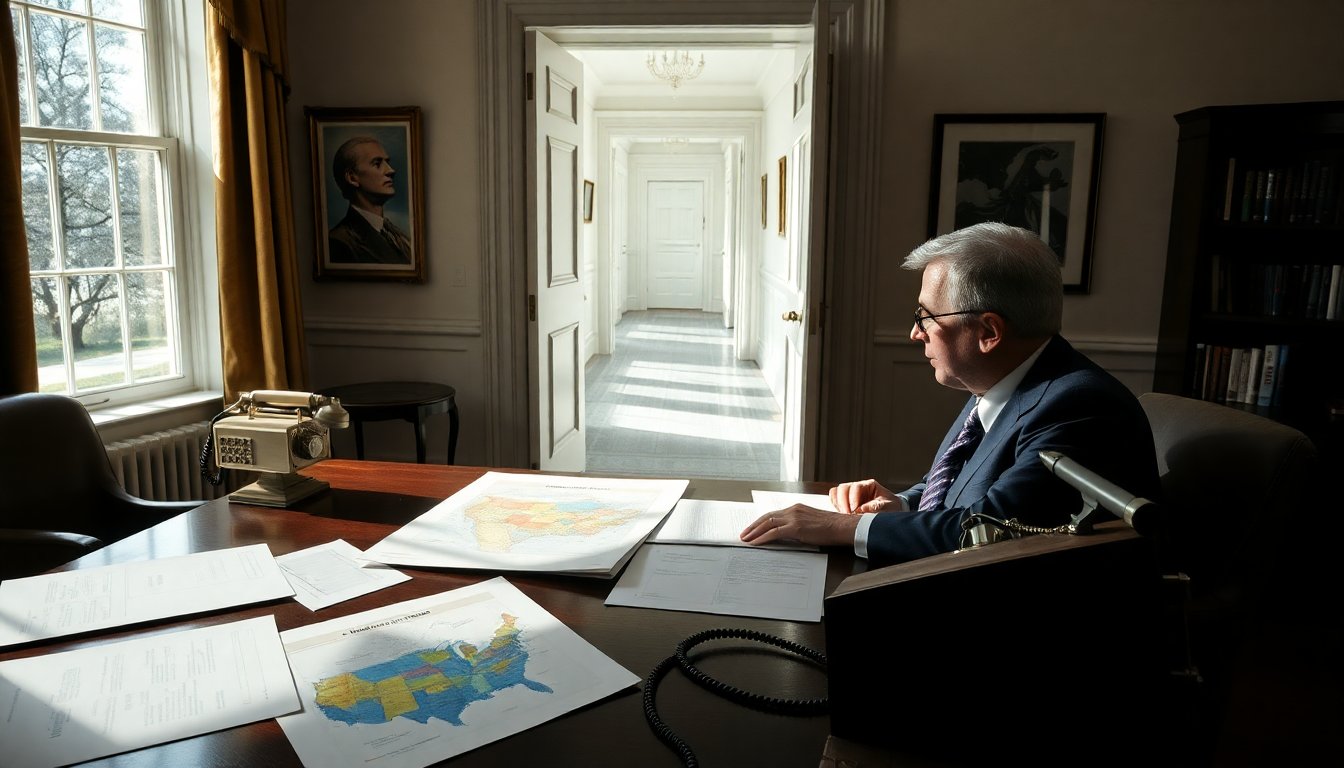Table of Contents
In a recent development, the White House has defended Steve Witkoff, the U.S. special envoy to Russia, following the emergence of a leaked conversation. This conversation reveals Witkoff’s advice to a senior Russian official regarding negotiations with President Trump over the ongoing conflict in Ukraine. The incident has raised significant interest and concern among political observers, showcasing the complex dynamics of international diplomacy related to the war.
The leaked phone call, which occurred on October 14, has ignited discussions about the nature of diplomatic negotiations and the involvement of U.S. officials with foreign powers. Reports from Bloomberg detail how Witkoff, during his conversation with Yuri Ushakov, a senior adviser to President Putin, proposed strategies for presenting a peace deal to Trump. This has raised questions about the integrity of U.S. foreign policy.
Details of the leaked conversation
During the call, Witkoff encouraged Ushakov to extend congratulations to Trump on recent diplomatic successes, specifically mentioning a resolution to the conflict in Gaza. Witkoff suggested that framing the conversation positively could lead to more productive discussions between the two leaders. He stated, “I would recommend that you congratulate the president on this achievement, emphasizing that you respect him as a man of peace.” This strategy, while pragmatic, has raised concerns among critics who view it as bordering on flattery.
Negotiation tactics and implications
Witkoff’s advice extended further; he proposed that a direct phone call between Trump and Putin would advance discussions regarding Ukraine. He indicated that both leaders could explore a potential peace agreement, drawing parallels to a 20-point plan he had previously helped broker regarding the Gaza conflict. Witkoff noted, “We could create a similar framework for peace in Ukraine, perhaps outlining a 20-point proposal that addresses key issues for both sides.” This ambitious idea has faced skepticism, particularly from Ukraine’s allies.
As the conversation progressed, Witkoff also alluded to the need for land concessions for a successful resolution, suggesting that compromises might be essential to reaching lasting peace. He remarked, “We know what it will take to reach a peace deal: adjustments in territorial claims and perhaps some form of land exchange.” These comments have alarmed various stakeholders, especially those in Kyiv and European capitals, who are apprehensive about any perceived concessions to Russia.
Reactions from the Trump administration
When questioned about the leaked call, President Trump downplayed the significance of Witkoff’s advice, asserting that it reflected standard negotiation practices. He remarked, “That’s a typical approach. In any negotiation, both sides must be convinced of the benefits.” This position underscores the administration’s focus on achieving a diplomatic resolution to the conflict, despite potential alienation of traditional allies concerned that such negotiations may favor Russian interests.
Future of the peace talks
The ongoing discussions surrounding the conflict in Ukraine have involved various international players and are taking place in multiple locations, including Switzerland and the UAE. The recent leak has highlighted the intricate nature of these negotiations and the delicate balance U.S. officials must maintain while engaging with Russia. In response, Ukraine’s allies have mobilized to draft a counterproposal aimed at protecting their interests amid perceived concessions that may arise from U.S.-Russia discussions.
In light of the controversy surrounding Witkoff’s actions, the path to peace in Ukraine appears challenging. As the situation develops, the implications of Witkoff’s advice and the administration’s response will significantly influence the prospects for resolving the nearly four-year conflict. The coming weeks are critical as diplomatic efforts progress, and the world closely observes how these negotiations will shape the future of Ukraine and its relations with both the U.S. and Russia.


